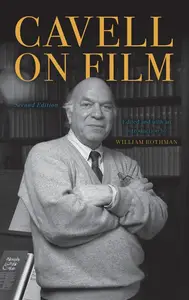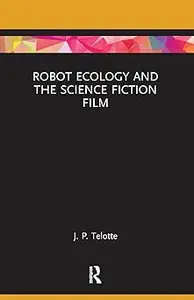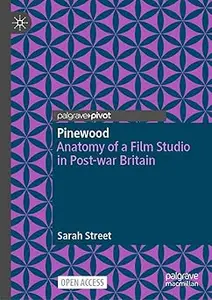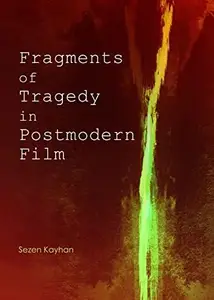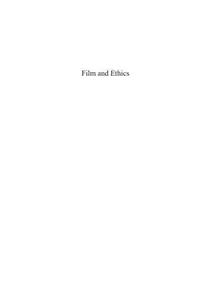
Free Download Film and Ethics : What Would You Have Done? By Jacqui Miller
2013 | 180 Pages | ISBN: 1443866466 | PDF | 1 MB
This book forms part of the multi-disciplinary Studies in Ethics Series from Liverpool Hope University. It explores the slipperiness of ethics as a concept and demonstrates the multiplicity of intellectual inquiry within contemporary Film Studies.At first glance, ‘ethics’ is not necessarily a subject conventionally associated with film. Film is often regarded as a form of ‘lowbrow’ popular culture, either offering bland entertainment or deliberately setting out to shock – or, more cynically, generate box office revenue – through gratuitous inclusion of sex and violence. Certainly, there have always been a minority of films based on the stereotypically ‘ethical’ subject of religion, but these have often generated the most controversy, from the studio system decree that it was blasphemous to represent the corporeal body of Christ to the furore surrounding Martin Scorsese’s The Last Temptation of Christ (1988). This book shows that from the silent era to the present day, film has been inherently concerned with ethical issues. In this light, the definition of ethics that informs the volume and is taken as the starting point of each of the chapters is the notion of personal or institutional motivation; most usually because a character or industry figure makes a decision or choice based on their own moral – or ethical – code. Once this is defined, the ethical dimension to films is immediately evident.This book takes as its central theme the difficulty of decisions refracted through personal ethical codes, and thus recognises that what counts as ethics, or morality, is always subjective. Some of the chapters explore films which take conventionally ‘good’ ethical standpoints, others investigate why ‘bad’ decisions were made; at least one explores the celebration of practices invoking popular disgust, but all the contributions study ethical decisions within film that represent the strongly felt convictions of those involved and, moreover, address aspects of filmmaking which force the spectator to be an active and reciprocal participant in the creation of meaning, thus implicitly acknowledging that ethics are subjective and in perpetual flux rather than fixed, objective truths.
